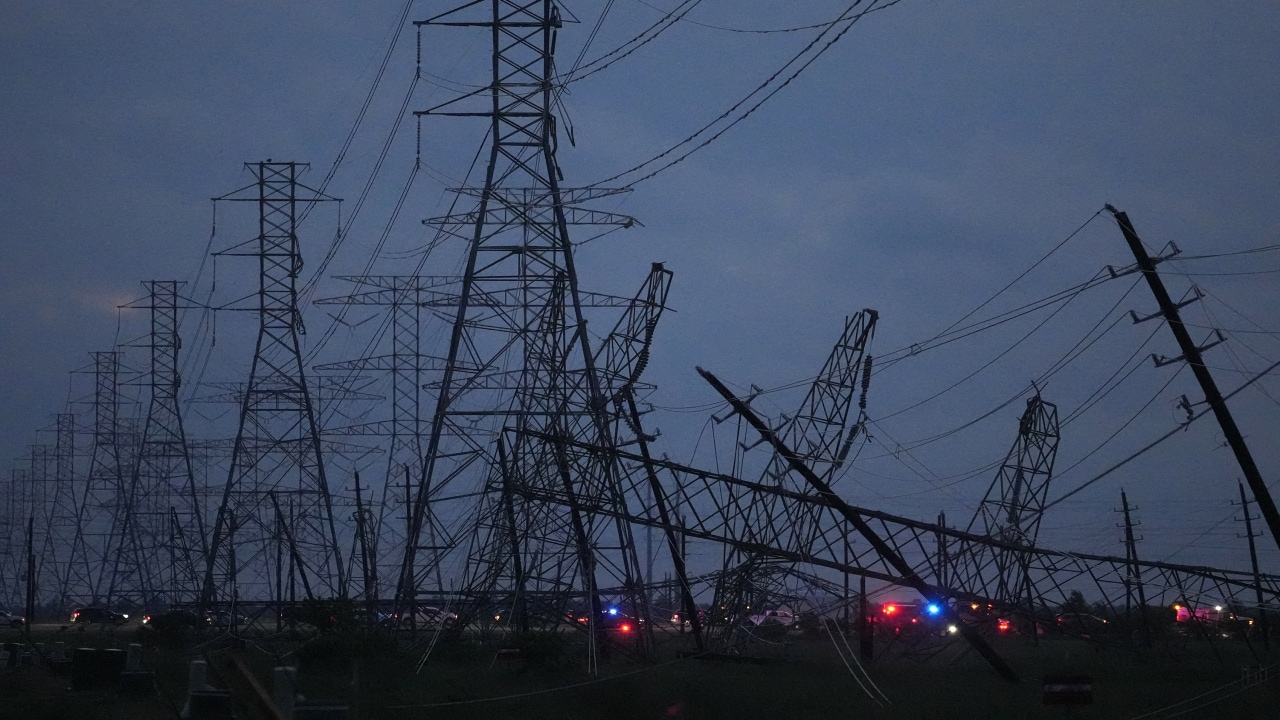Advertisement|Remove ads.
India proposes to open up retail power sector nationwide to private firms, draft bill shows
The power ministry's draft proposal also seeks to open the retail electricity market to multiple private players in the same area, which the existing Electricity Act does not provide for.

India plans to open up its retail electricity market for private companies nationwide, ending the dominance of state-run distributors in most states, a draft bill by the Centre's power ministry showed on Friday.
The move will allow private companies such as Adani Enterprises, Tata Power, Torrent Power and CESC to strengthen their presence across the country.
A similar attempt in 2022 faced opposition from state distribution companies.
Only a handful of India’s electricity distribution zones—including the national capital region, Odisha, and industrial states like Maharashtra and Gujarat—are currently privatised as the rules do not specifically provide for it.
A vast majority remain under state control and are burdened with deep financial losses.
New Delhi has been pushing state-run power utilities to reduce losses, clean up their balance sheets and upgrade age-old infrastructure.
Earlier this year, the country's most populous state Uttar Pradesh invited bids to privatise two of its four power distribution companies.
As of June 2025, state power utilities owed power generators about $6.78 billion, creating a severe liquidity crunch for independent power producers, and in turn, stifling credit flows to the sector, Institute for Energy Economics and Financial Analysis said in September.
The power ministry's draft proposal also seeks to open the retail electricity market to multiple private players in the same area, which the existing Electricity Act does not provide for.
The move will allow private companies such as Adani Enterprises, Tata Power, Torrent Power and CESC to strengthen their presence across the country.
A similar attempt in 2022 faced opposition from state distribution companies.
Only a handful of India’s electricity distribution zones—including the national capital region, Odisha, and industrial states like Maharashtra and Gujarat—are currently privatised as the rules do not specifically provide for it.
A vast majority remain under state control and are burdened with deep financial losses.
New Delhi has been pushing state-run power utilities to reduce losses, clean up their balance sheets and upgrade age-old infrastructure.
Earlier this year, the country's most populous state Uttar Pradesh invited bids to privatise two of its four power distribution companies.
As of June 2025, state power utilities owed power generators about $6.78 billion, creating a severe liquidity crunch for independent power producers, and in turn, stifling credit flows to the sector, Institute for Energy Economics and Financial Analysis said in September.
The power ministry's draft proposal also seeks to open the retail electricity market to multiple private players in the same area, which the existing Electricity Act does not provide for.
Read about our editorial guidelines and ethics policy

/filters:format(webp)https://news.stocktwits-cdn.com/large_Trump_H_1_B_jpg_1121bfc9d1.webp)
/filters:format(webp)https://st-everywhere-cms-prod.s3.us-east-1.amazonaws.com/Prabhjote_DP_67623a9828.jpg)
/filters:format(webp)https://news.stocktwits-cdn.com/large_european_union_original_jpg_16a47d9ffc.webp)
/filters:format(webp)https://st-everywhere-cms-prod.s3.us-east-1.amazonaws.com/Rounak_Author_Image_7607005b05.png)
/filters:format(webp)https://st-everywhere-cms-prod.s3.us-east-1.amazonaws.com/large_cpi_inflation_generic_resized_7abe1d339c.jpg)
/filters:format(webp)https://images.cnbctv18.com/uploads/2023/01/hedge-fund-shutterstock.jpg)
/filters:format(webp)https://st-everywhere-cms-prod.s3.us-east-1.amazonaws.com/cnbctv18logo.png)
/filters:format(webp)https://news.stocktwits-cdn.com/Getty_Images_2237643016_jpg_f9dc6dcb97.webp)
/filters:format(webp)https://news.stocktwits-cdn.com/shivani_photo_jpg_dd6e01afa4.webp)
/filters:format(webp)https://images.cnbctv18.com/uploads/2024/03/tata-group.jpg)